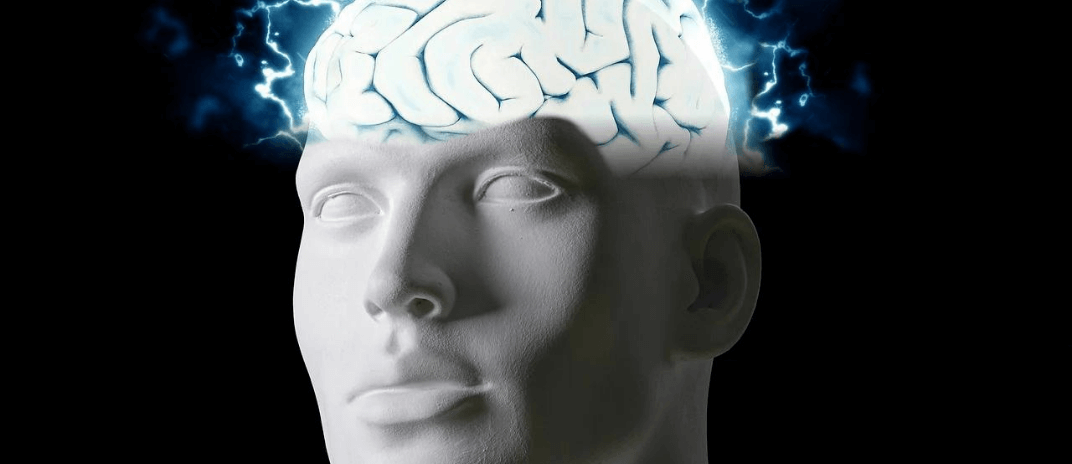Have you ever wondered what happens to your body and mind while you sleep? Slow-wave sleep (SWS) is one of the stages of sleep. Let’s explore and learn about its impact on your health.
In this article, we will discuss the characteristics, functions, and importance of SWS.
Defintion and Characteristics of Slow Wave Sleep (SWS)
Slow Wave Sleep (SWS) is an important stage of sleep that affects your overall health and well-being. It comes after stage 2 sleep and is characterized by delta waves. SWS makes up around 20% of EEG activity and is often called ‘deep sleep.’ During SWS, your body remains mostly still.
SWS is most common in young children and decreases as we get older. It’s marked by slow oscillations in the brain’s electrical activity, happening about 10-15 times per second.
The slow oscillating cortex, active thalamus, and hippocampus work together to consolidate memories during SWS.
Articles and Research on Slow Wave Sleep
Importance of Slow Wave Sleep
Slow Wave Sleep (SWS) is very important for your brain’s restoration and recovery. During SWS, your brain goes into deep sleep and has slow wave activity. This type of sleep is crucial for helping you feel rested and maintaining good sleep quality.
SWS helps your brain repair and regenerate, which improves your thinking skills and helps you remember things better. It’s also when your body releases growth hormones, repairs tissues, and strengthens your immune system. If you don’t get enough SWS, you might’ve trouble concentrating, remembering things, and performing well mentally.
Neurobiology of Slow-Wave Sleep
During Slow Wave Sleep (SWS), your brain goes through a process of restoring and recovering itself. This important stage of sleep happens during the non-REM (NREM) sleep cycle. Slow waves, also known as delta waves, dominate the brain activity at this time.
Slow-wave sleep is crucial for consolidating memories and plays a role in synaptic plasticity, which is important for learning and cognitive function. Various factors like age, sex, and others can affect the duration and quality of slow-wave sleep.
Although the neurobiology of slow-wave sleep is still an active area of sleep research, it’s clear that this stage of sleep is vital for the overall health and well-being of your brain.

Consequences of Sleep Disturbances
Sleep problems can have serious effects on your health and well-being. When you don’t get enough deep sleep, it can lead to sleep deprivation, which can harm your overall health. Sleep problems can affect how well you perform during the day, your memory, and your ability to think clearly.
They can also affect your hormones and immune system, making you more likely to become overweight or develop diabetes. Understanding the consequences of sleep problems is important so you can take steps to improve them.
Did you know that there are many articles and studies about Slow Wave Sleep (SWS)? Scientists are really interested in SWS and how it affects how long we sleep and the quality of our sleep.
Researchers have found that SWS is important for helping us remember things better. It helps make our memories stronger and more solid. They’ve also looked at how SWS is related to another important sleep stage called REM sleep.
These articles and studies give us important information about how sleep works and how SWS helps our brain work better.
Sleep Patterns in Different Species
Scientists have studied the sleep patterns of different species to understand how Slow Wave Sleep (SWS) varies across the animal kingdom. The sleep patterns in various species can be fascinating and diverse.
For example, walruses have interesting sleep patterns. SWS and rapid eye movement sleep make up 21% and 5.1% of their 24-hour sleep cycle, respectively. When walruses are on land, they have longer REM sleep episodes that can last up to 18 minutes. In the water, their sleep occurs while floating, standing, or lying on the bottom, and they have shorter REM episodes that last less than 2 minutes.
Fur seals and sea lions also have unique sleep patterns. They experience SWS when lying or sitting on land, and they stay still during SWS, similar to land mammals. These sleep patterns provide insights into the varied nature of sleep duration and sleep stages across the animal kingdom.
| Species | Sleep Patterns |
|---|---|
| Walruses | SWS and REM sleep account for 21% and 5.1% of their 24-hour sleep cycle, respectively. REM sleep episodes on land can last up to 18 minutes, while in water, they are shorter, lasting less than 2 minutes. The majority of SWS occurs as BSWS. |
| Fur Seals and Sea Lions | SWS is observed when they are lying or sitting on land, and they stay still during SWS, similar to land mammals. REM sleep is usually observed when they are lying with their heads resting on the ground. In northern fur seals, EEG asymmetry is correlated with brief openings of one eye during sleep. |
The variations in sleep duration and stages reflect the specific needs and behaviors of each species.
By studying these sleep patterns, scientists gain a deeper understanding of the fundamental nature of sleep and its role in the lives of different species. It is a reminder that sleep is an essential part of life, not limited to humans alone.

Sleep Disorders and Slow-Wave Sleep
Slow-wave sleep, also known as deep sleep, is very important for restoring and healing the brain.
Sleep disorders can disrupt the normal patterns of SWS, which can lead to not getting enough sleep and other negative effects. How long and how well you sleep, including how much time you spend in SWS, can affect how severe and how often sleep disorders happen.
Talking to a healthcare professional can help you find the best way to improve your sleep and manage any sleep disorders you may have.
Memory Consolidation and Sleep Stages
Slow wave sleep is a stage of sleep where the brain has slow oscillations. During this stage, the brain strengthens and stores memories, which is called memory consolidation.
SWS is more common in the first half of the night, while REM sleep is more common in the second half. SWS helps strengthen explicit memories, while REM sleep helps with procedural tasks and implicit memories.
Neurochemistry and Brain State During SWS
During slow wave sleep (SWS), your brain enters a special chemical state and goes through a specific pattern of brain activity. SWS is different from when you are awake because your brain is not very active. This makes it hard for outside things to affect how your brain works.
The brain waves, called theta waves, slow down even more and become delta waves, which are big and slow. The hippocampus, a part of the brain that helps with memory, produces sharp-wave ripples during SWS. In terms of chemicals in the brain, SWS is linked to changes in certain substances that help your brain work, like norepinephrine and acetylcholine.
These changes in chemicals during SWS are important for memory consolidation and restoring your brain.
Conclusion
In conclusion, it’s important to understand the significance of slow-wave sleep (SWS) for our overall well-being. SWS, also known as deep sleep, plays a crucial role in helping us remember things, making our brain adaptable, and regulating our sleep patterns.
Problems with sleep can have serious effects on SWS and our general health. By studying the science behind SWS and its characteristics, we can gain valuable knowledge about sleep and how it affects our daily lives.
So, it’s essential to prioritize SWS and appreciate its profound impact on our health and well-being.













